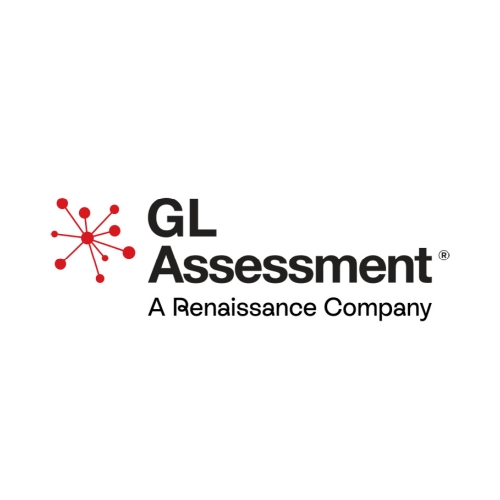GL Assessment’s Georgina Cook explains why the New Group Reading Test should be part of every school’s assessment toolkit
 Our Expert
Our Expert
Georgina Cook
Assessment specialist and former MAT English/literacy lead
Area of expertise: Language and literacy
Best part of my job: Supporting teachers to understand how assessment makes a difference to a child’s future
What is the New Group Reading Test (NGRT)?
NGRT is an adaptive, standardised, termly reading test for children aged six to 16. As a group screener, it helps to identify, track and monitor the reading skills of all students, ensuring that the right steps are always taken to support progress.
The adaptive nature of the test – which means that the questions change according to the learner’s reading abilities – allows a teacher to quickly spot those students who might require an intervention.
What information does it give you about your learners?
NGRT provides teachers with information on their students’ word reading and comprehension. The most important piece of information is the Standard Age Score (SAS).
Based on the number of questions a student has answered correctly, the SAS makes a comparison with a nationally representative sample of UK-based students of exactly the same age.
This means that teachers can quickly see which students are reading above, or in line with age-related expectations, and which students are struggling.
How can it help you to support reluctant and struggling readers?
We know how important it is for students who haven’t mastered grapheme-phoneme correspondences by the age of six to catch up, so they can become confident learners. NGRT provides schools with easy-to-understand overviews.
Our group ranking helps teachers to identify those most in need of additional support, while our individual student reports provide an overview of the results achieved, alongside tailored, practical and useful classroom suggestions to help ensure progress is made.
“Our group ranking helps teachers to identify those most in need of additional support, while our individual student reports provide an overview of the results achieved.”
How can it help provide support for learners at transition to secondary school?
It’s vital for secondary schools to understand the reading abilities of their Y7 children as quickly as possible. The demands of KS3 means a young learner will be taught by multiple subject teachers, all of whom will expect their students to read and understand texts that use subject-specific language.
Standardised reading tests like NGRT are a first step for schools towards identifying learners who have gaps in their knowledge and need to catch up.
How can it support leaders in their evaluation of reading strategy?
NGRT ensures struggling readers aren’t missed, capable readers are stretched, and confident readers are offered a wider choice of materials. It is a crucial assessment that headteachers and reading leads can trust to ensure resources aren’t being wasted, and that interventions are appropriately targeted.
The nuanced data allows leaders to profile students’ needs, keep data simplified for staff, and make sure that the support available is timely, clear and purposeful.
For more information, call 0330 123 5375, email hello@gl-assessment.co.uk or visit gl-assessment.co.uk/ngrt.
- READING PATHWAYS: How to use reading assessment data to pinpoint learners’ reading needs
- TARGETED INTERVENTIONS: How to identify and support students to help them better engage with all of their lessons
- DEVELOPING A WHOLE-SCHOOL READING STRATEGY: How to analyse your data to create a reading programme that benefits all students












